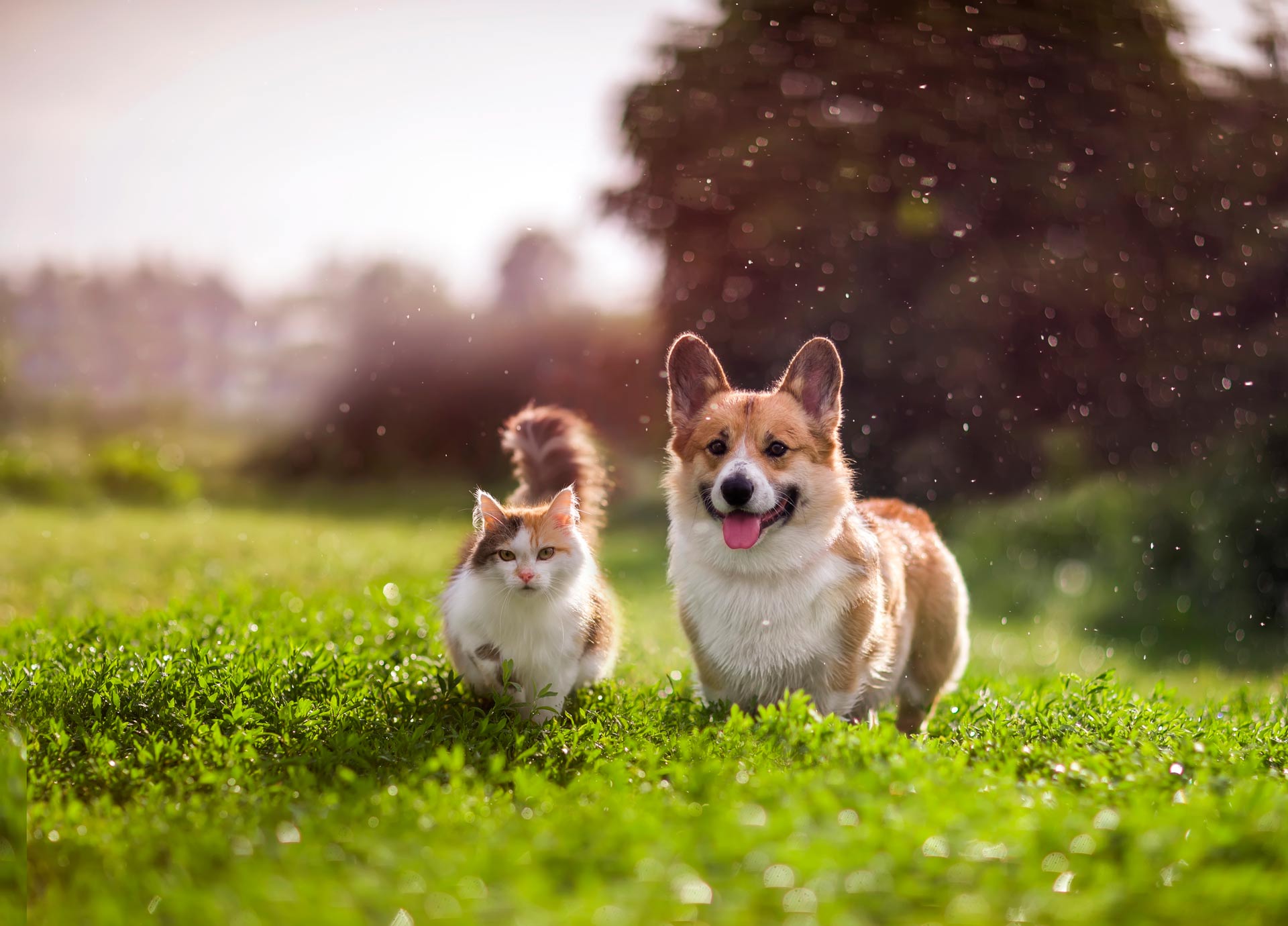The Ultimate Guide To Estate Planning For Pets
Table of ContentsThe Greatest Guide To Estate Planning For PetsEstate Planning For Pets Can Be Fun For EveryoneSome Known Questions About Estate Planning For Pets.Estate Planning For Pets Things To Know Before You Get ThisFascination About Estate Planning For Pets
Those of us who consider our buddy animals as relative know our obligation to these dependent animals. It is essential to make sure that their care and comfort continue continuous should we end up being incapable of taking care of them ourselves. One way to prepare for that contingency is to establish something called a.
The "grantor" (likewise called a settlor or trustor in some states) is the individual who produces the trust, which may work throughout an individual's life time or at death. Usually, a trustee will hold property (cash, for example) "in trust" for the benefit of the grantor's animals. The trustee will pay to a designated caregiver(s) on a regular basis.

3 Simple Techniques For Estate Planning For Pets
In addition to supplying the name and address of a trustee and follower trustee, a caretaker and follower caregiver, (all of whom can be corporations and/or individuals) you will be asked to offer enough info to: Sufficiently determine your pets in order to prevent scams, such as through images, microchips, DNA samples, or additionally, by explaining your family pet as a "class"in other words, as "the family pet(s) owned by you at the time of your illness/death"; Describe in detail your family pet's requirement of living and care; Require regular inspections of your family pet(s) by the trustee; Identify the quantity of funds required to adequately cover the expenditures for your animal's care (generally, this amount can not exceed what may fairly be needed given your pet's requirement of living) and specify how the funds need to be dispersed to the caretaker; Figure out the quantity of funds needed to properly cover the expenditures of administering the animal trust; Designate a remainder beneficiary in case the funds in the family pet trust are not exhausted; Offer guidelines for the final personality of your pet (for instance, burial or cremation) (Estate Planning for Pets).
See our State Laws Chart for more details on pet trusts in your state.
If you have an animal, these are questions you might you could try these out have thought about. You can develop a strategy for your pets in your estate strategy. In Iowa, pets are treated as residential or commercial property under the law. This indicates that you can not leave money directly to an animal or select a guardian for an animal like you can for a small kid.
Some Ideas on Estate Planning For Pets You Need To Know
The simplest and least pricey method to attend to your family pet after you pass away is to leave your family pet to somebody in your will. I suggest speaking with the person you wish to call as your pet's new caregiver and offering them with a copy of your will. This provides the new caretaker the legal premises to take and care for your animal immediately upon the event of your death.
It is always advised to use someone you trust as the brand-new caretaker as the cash can be used at their discretion once they're the new caregiver of the pet. If you desire more certainty that your family pet will be attended to, you might establish a pet trust. This is a relatively new principle under Iowa law.

Our Estate Planning For Pets Statements
As an estate preparation attorney, I would enjoy to talk through these alternatives with you as part of your estate plan and make sure your pets are looked after either through your will, trust, or by a charitable organization. Estate Planning for Pets.
Animal planning can be done for dogs, cats, horses, birds and any other animal that has a special location in your heart. In the eyes of the law, family pets are property. Click to check out a post from Carol's blog that describes this. If you would like to enjoy a section where her pet Jake was featured in a post on estate preparation for family pets, click For this reason, it is important to consider your animals in your advance preparation. Estate Planning for Pets.
Preparation for the worst case, you also require to make written arrangements for the care of your animals if you die before them. We help clients understand these concerns and make additional reading plans ranging from very basic provisions, to more complex family pet trusts that provide a stipend for the pet's care over what may be a long life.
Getting My Estate Planning For Pets To Work
Planning ahead offers pet owners with peace of mind as they understand their family pet will be looked after as planned. Friends and family are eased of the obligation of making a wide range of choices about the care of the pet after the death or inability of the owner. Family pets likewise benefit from the owner's planning as they are most likely to experience a smooth shift to a new home and new family pet caregiver.
When a pet owner passes away, family pets pass to recipients: by provisions in an owner's will, or by instructions in an owner's trust document, or by a top priority list of heirs contained in the Montana Uniform Probate Code (UPC) (if an owner does not have a will or a trust). Sadly, when the UPC uses and if there are several heirs, each of whom legally owns basics a portion of the animal, they may end up in court arguing about who gets to "have" the pet or who "has" to handle the lots of tasks of looking after the family pet.